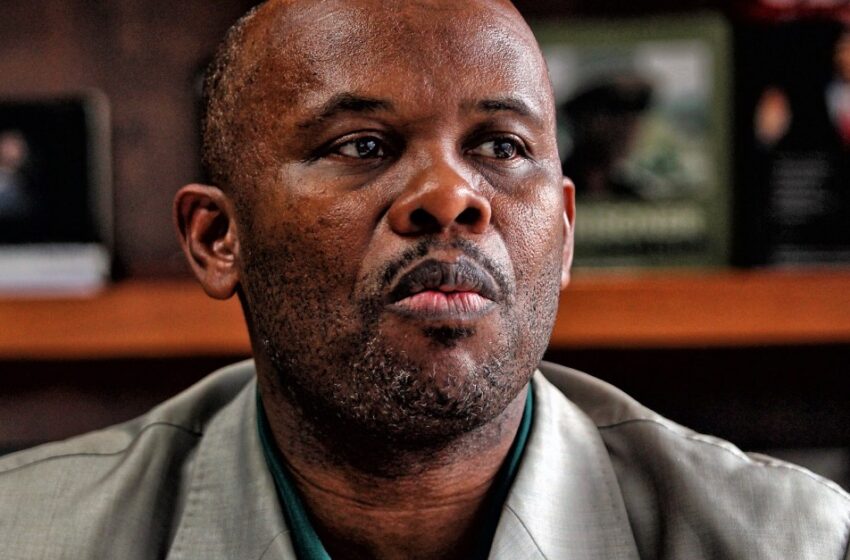Shadrack Sibiya under fire: A trail of allegations and suspensions

Shadrack Sibiya
Lieutenant-General Shadrack Sibiya, once praised for his aggressive crime-fighting approach, now finds himself under intense public and institutional scrutiny. The veteran police officer has been asked to take a leave of absence amid a probe into the disbandment of South Africa’s political killings task team, the latest in a long trail of controversies that have followed his law enforcement career.
Sibiya’s trajectory through the ranks of the South African Police Service (SAPS) has been marked by sharp rises and equally steep descents, often colored by high-profile suspensions and allegations of misconduct.
Disbanding of Political Killings Task Team Triggers Latest Fallout
The current controversy was triggered by recent testimony from KwaZulu-Natal Police Commissioner Nhlanhla Mkhwanazi, who told Parliament that a specialist unit investigating political murders in the province was dismantled without consultation.
Mkhwanazi suggested that Sibiya, as the Deputy National Commissioner for Crime Detection, may have played a direct role in sidelining the team, raising alarm over potential political interference in sensitive investigations.
SAPS has since confirmed that Sibiya has taken leave while internal reviews proceed. National Police Commissioner Fannie Masemola stressed that this was a “neutral decision” to maintain transparency and accountability during the inquiry.
READ MORE
Shadrack Sibiya placed on compulsory leave amid controversy
Mandela Day spotlight: Baby Soft tackles “toilet loss” crisis in Gauteng schools
A Pattern of Suspensions: From Hawks to SAPS
This is not the first time Sibiya has been placed under scrutiny. In 2015, he was suspended from his position as Gauteng head of the Hawks Directorate for Priority Crime Investigation after being implicated in the alleged illegal rendition of Zimbabwean nationals. While Sibiya denied wrongdoing, the incident led to a bitter legal and public fallout.
Years later, his return to senior leadership within SAPS drew criticism from some quarters, with concerns about recycling tainted officials into key positions. The new developments only serve to reinforce those long-standing fears.
Public Trust and Political Implications
The disbandment of the KZN political killings unit has wider implications. With over 155 political killings recorded in the province since 2011, the unit was regarded as a vital tool in stabilizing a volatile electoral landscape.
Its abrupt dissolution, combined with Sibiya’s chequered past, has raised red flags about the politicization of the police force. Civil society organizations, legal experts, and opposition parties have called for an independent probe into both Sibiya’s role and the broader command structure of SAPS.
Critics argue that without public accountability, confidence in law enforcement—especially during an election build-up—will continue to erode.
Calls for Reform in SAPS Leadership
The South African Police Service has faced waves of internal scandals in recent years, ranging from procurement fraud to cover-ups in high-profile murder cases. Sibiya’s case reflects a broader institutional failure to hold senior officials accountable.
Reform advocates are now demanding clear guidelines on disciplinary procedures for SAPS top brass, as well as more civilian oversight over police leadership appointments and dismissals.
What’s Next for Sibiya?
As it stands, Sibiya is not formally suspended but remains on administrative leave. No charges have been filed against him in the current matter. However, the internal review is ongoing, and the outcome could determine whether he returns to active duty, or becomes another name on the list of senior officers brought down by scandal.
The coming weeks will be crucial in shaping not only Sibiya’s career but also public perception of how serious SAPS is about transparency, integrity, and justice.
With his history of controversial exits and reappointments, Shadrack Sibiya’s case is a microcosm of South Africa’s broader policing crisis, where power, politics, and public accountability collide. Whether he clears his name or not, this saga has reignited calls for urgent reforms within the nation’s law enforcement leadership.

